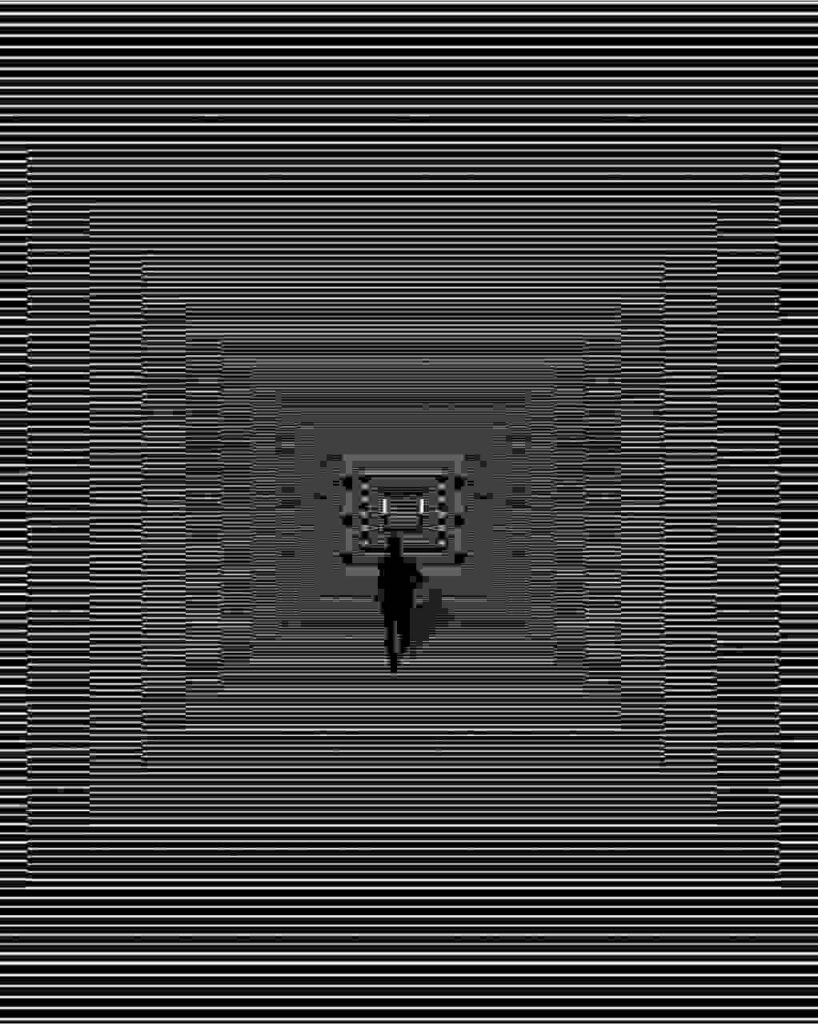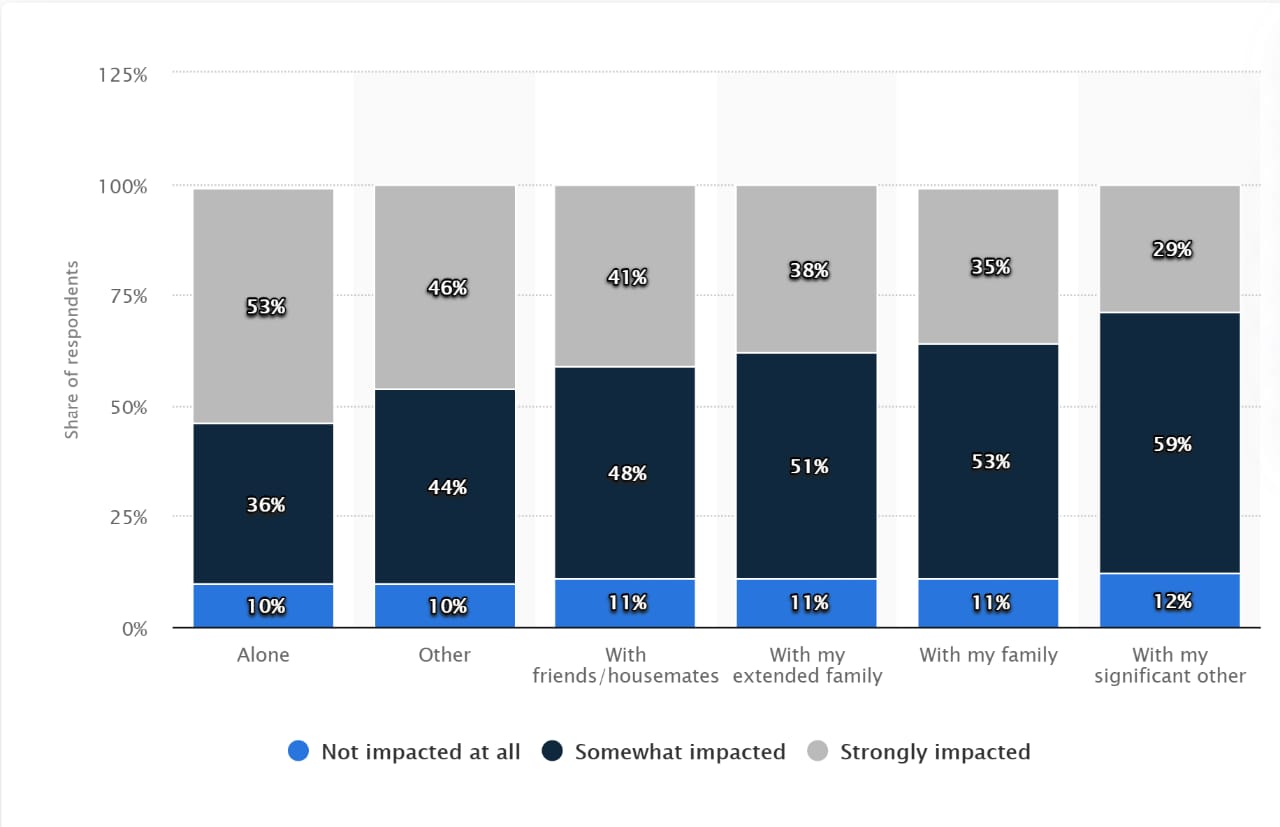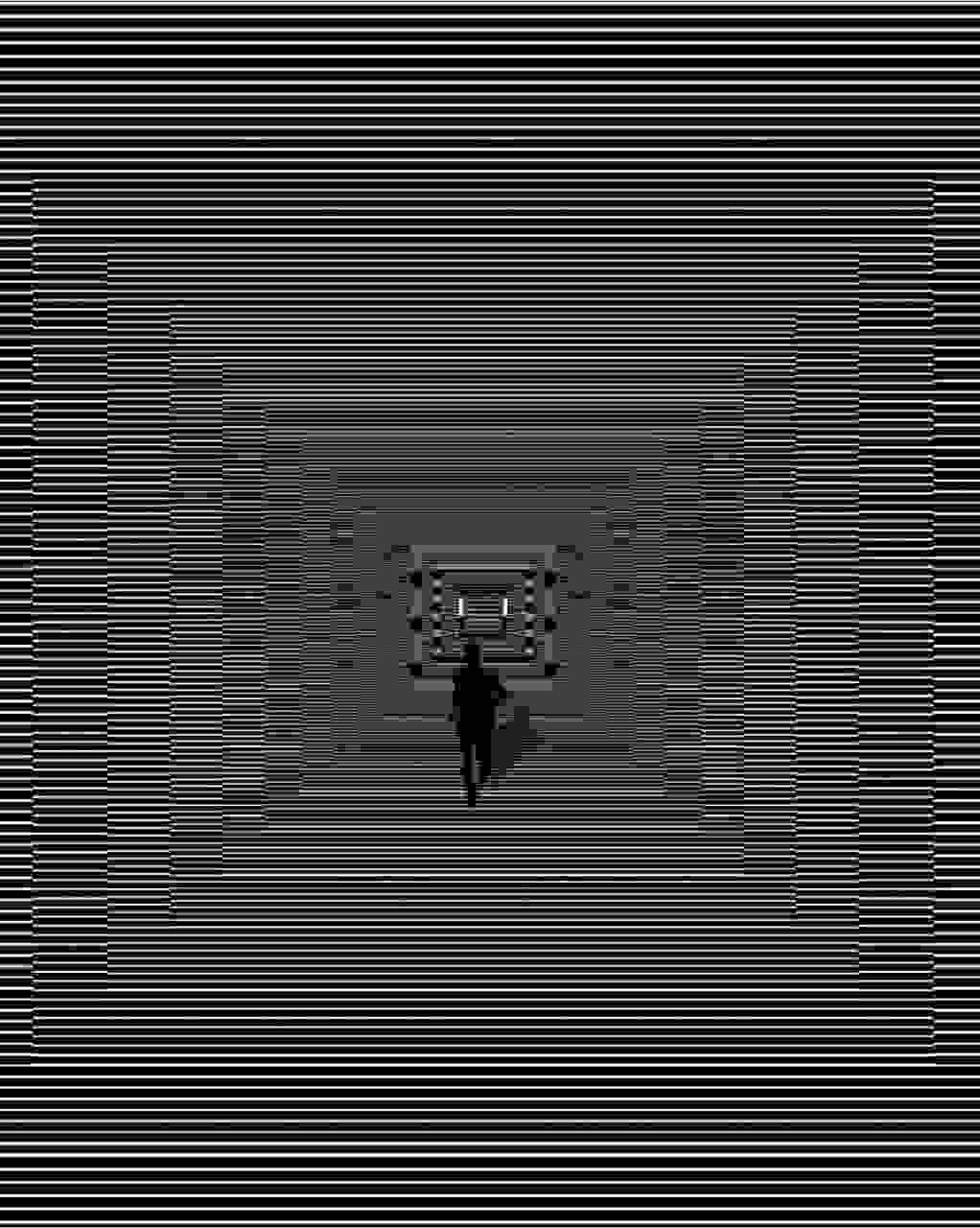
Disclaimer: The article contains quotes from people suffering from mental health issues and addictions and includes mentions of self-harm. Names used in the article have been changed for their privacy.
February this year saw the first cases of Covid-19 in India. By March, many of us had packed our bags and gone back home, expecting to be back in 15 days. The first lockdown was announced on March 24, 2020, and, at the time, the quarantine felt like an unexpected vacation. Many used it to catch up on work, pick up a hobby, and spend time with family– the lockdown was a much-desired breather from our wearisome life. However, as the months passed, the lockdown continued with no end in sight. Being at home for an extended period and facing the pandemic is a new situation, a place no one has been before.
A lot in life depends on momentum. So, what do you do when everything comes to a standstill?
Time is a tricky quantity. We’ve all complained about not having enough time, but what happens when you have too much of it? You tend to feel that life is not moving forward, and as though you are stuck. You have an existential crisis. You spend energy in resolving issues that were never there and start a downward spiral. While one recalls his dark childhood, another lives it. One fights anxiety attacks every day; others rediscover their insecurities all over again. The lockdown set an example of the same, impacting us in unprecedented ways— from unemployment to working extra hours, living alone to getting trapped in the same toxic cage you escaped from, being forced to quit addictions to relapsing into the old ones, and a lot more.
Mental health-related issues have seen a dramatic spike during the quarantine period. While older generations felt overwhelming loneliness take over them, younger generations saw an increase in depression, anxiety, and panic attacks.
The static nature of the lockdown imposed a sense of foreboding on most of us. The stress of what is to come and the worry of the present weakens the mental efficiency in handling issues. The obligation to remain in touch and make relationships work creates an unpleasant state of mind. An idle mind is the devil’s workshop, thereby making it weave scenarios previously absent.
Anxiety is more than fear— it is a disorder. Panic attacks, obsessive-compulsive disorder, and post-traumatic stress disorder are manifestations of anxiety. Dr. Pallavi Abhilasha, a consultant psychiatrist, stated that 11 of her patients relapsed during the lockdown. There was a 15–20% and 20–25% increase in depression and anxiety, respectively, in April.
These attacks act differently for different people. It is often taxing on the body, with side effects that include difficulty in breathing, increased heartbeat, and loss of appetite, among others. The aftermath is more heartbreaking. With nowhere to go and nothing to do, you are stuck with the knowledge of your experiences leading to another one forming a destructive cycle.
A student from Manipal said, “I never considered myself to be depressed. In college, my anxiety skyrocketed.” The lockdown provided her with the space to realise that her anxiety was a real problem. “We had to wait two months to go see a psychologist. When we did go, the tests revealed that I had severe anxiety, mild depression, and ADHD,” she added. A combination of cognitive-behavioural therapy, magnetic therapy, family support, and yoga helped her pull through.
“My anxiety attacks and panic attacks were so frequent. I considered self-harm to provide myself with at least a physical relief,” says Sara Sehgal (name changed). Often used to mask emotional and mental pain, self-induced harm creates a physical platform to let go of suffering and embrace solace. Research conducted by the Suicide Prevention in India Foundation (SPIF) in May found that nearly 65% of 159 mental health professionals surveyed reported increased self-harm among their patients.
As the migrant workers set off for their hometowns, surveys indicated increased stress in females as all household responsibilities fell on their shoulders. With the entire education system temporarily shifting to online platforms, academics have become more challenging. We all have been struggling to use our time effectively in the lockdown, trying to hone our skills or learn new ones. “People need to know that this is not a productivity contest, and they shouldn’t feel guilty for not doing something continuously,” commented a distressed B.Tech student.
In such situations of anguish and anxiety, the role of family and friends becomes even more significant. Lockdown provided the much-needed respite for some people struggling to cope with their mental health; it helped people reconnect with their family and indulge in online therapy sessions using apps like YourDOST, Wysa, and Mfine. However, this is not the case in many households as mental health remains taboo for most of India. A lot of these mental health issues have stemmed from abusive environments.

Home is not a haven for everyone; for many, it is the hub of nightmares. The quarantine resulted in a significant increase in the number of cases of domestic abuse. So much so that the lockdown period recorded the highest number of complaints about domestic abuse in the last ten years in India. Additionally, there were more than 92,000 calls reporting child abuse.
The lockdown resulted in many people losing their jobs. This, in some households, only added to the unhealthy environment. “While I was a kid, my father was away. He lost his job in May and has been with us. He is a short-tempered and disciplined man; it takes a lot of energy to live with him. Being a workaholic, he can’t stay idle for long”, said Rahul Bose (name changed) about the struggles he faced during this problem. Losing a job can be challenging, especially in such turmoil times. However, it is tough to empathise with a person who is a violent alcoholic. He also said, “He has been drinking all day, sometimes as early as 3 am, and gets so violent that he doesn’t allow us to sleep.” Apart from an abusive household, Rahul also mentioned that his older brother takes medication for Schizophrenia and that his mother suffers from hypertension. An environment like that drains a lot of energy from a person. The lockdown further amplifies the negative impact it has on his experience.
Amidst all the physical domestic violence, emotional and mental abuse is often overshadowed. Not receiving support from the people that you can rely most on is a real complication. “Family…is a group experience of love and support,” said Marianne Williamson, an American author. However, incidents of people say otherwise. “During college, I didn’t have to stay at home, and now it has affected me. They neither support therapy; hence I don’t have an outlet. When your family does not support you, it gives you a worthless feeling.”
Another factor of familial problems is repressed childhood insecurities. A family that is just learning to be one is not the best place to let go— the constant pressure to be strong, to hold yourself together, so nothing else falls apart. Anuradha Sanghi (name changed), whose family reconciled just before the lockdown, says, “We were together under the same roof for the first time in five years. After any small fight, there is a constant fear that this is not going to work. I always worried that if it doesn’t, what would happen? Repressed anger and insecurities resurface. I questioned why they waited this long or why they did not wait long enough.” She also added that not being able to talk about this put her in a negative headspace. Insecurities of not being enough or being unimportant have kept bubbling over and again.
Where do you go when you can’t be at home?
When the Maharashtra government allowed liquor shops to reopen, customers lined up from 6 am. In Kerala and Tamil Nadu, several suicide cases were linked to the unavailability of alcohol. More than 1.29 lakh drug addicts enrolled themselves in different drug rehabilitation centres across Punjab. All of us read these headlines, yet we choose to sweep the addiction issue under the carpet and villainise those seeking help. “The worst part is I could not reach out to anyone because of the shame. I faced weeks of anxiety, restlessness, nausea, and I almost stopped eating. I couldn’t find substitute nicotine patches either.”
What often starts as minor fixations may unknowingly take the turn of a brain disease manifested by compulsive substance use despite harmful consequences. At this stage, individuals’ decisions and behaviour are not under their control, and even when one desires to quit, they get sucked right back into the black hole.
For people with mild addictions, the lockdown has been a boon in disguise as it has forced these people to quit their habits. However, for addicts who fall in the severe dependency category, the process is challenging as the withdrawal can be debilitating, if not fatal. Not only did the supply of alcohol, cigarettes, and drugs get interrupted in the lockdown, but also the rehabilitation admissions had to abide by the quarantine protocols. In such a situation, even those brave enough to seek help were stranded directionless. In some cases, relapse presented itself as a synonym of escapism.
However, the infinite extension of the quarantine period, some people have discovered new coping methods for their problems. “Art helped me. I left my pencils in 5th grade and picked it up during lockdown,” said one. Another explained, “Before, I used to sleep as my coping mechanism. Now, yoga has helped me get calmer and helps me feel more productive. Maybe it was also my medication, but whatever it was, it worked.”
Most of us have been complaining about the quarantine’s monotonicity when people around us have been fighting fierce battles while being locked up within the four walls. When asked how we can help individuals going through these problems, a person seeking therapy said,” People say message me whenever you need me, but in reality, they have no idea what they are signing up for. In my opinion, it is best to direct them to a professional who can help the matter.” Most of them had the same thing to say: it is reassuring to know someone who does not invalidate your invisible wars is by your side, even if they don’t understand it.
The pandemic has arguably been one of the most taxing times for mankind. It is more important than ever that we understand and acknowledge each individual’s struggles and stand by each other’s side, now and after.
Written by Archana S and Ankita Ghosh for MTTN
Featured Image by instagram.com/_visionn_/
Edited by Naintara Singh for MTTN
Sources: Statista, The Hindu, The Hindustan Times, CNN India, The Logical Indian, Times of India

Leave a Reply
You must be logged in to post a comment.